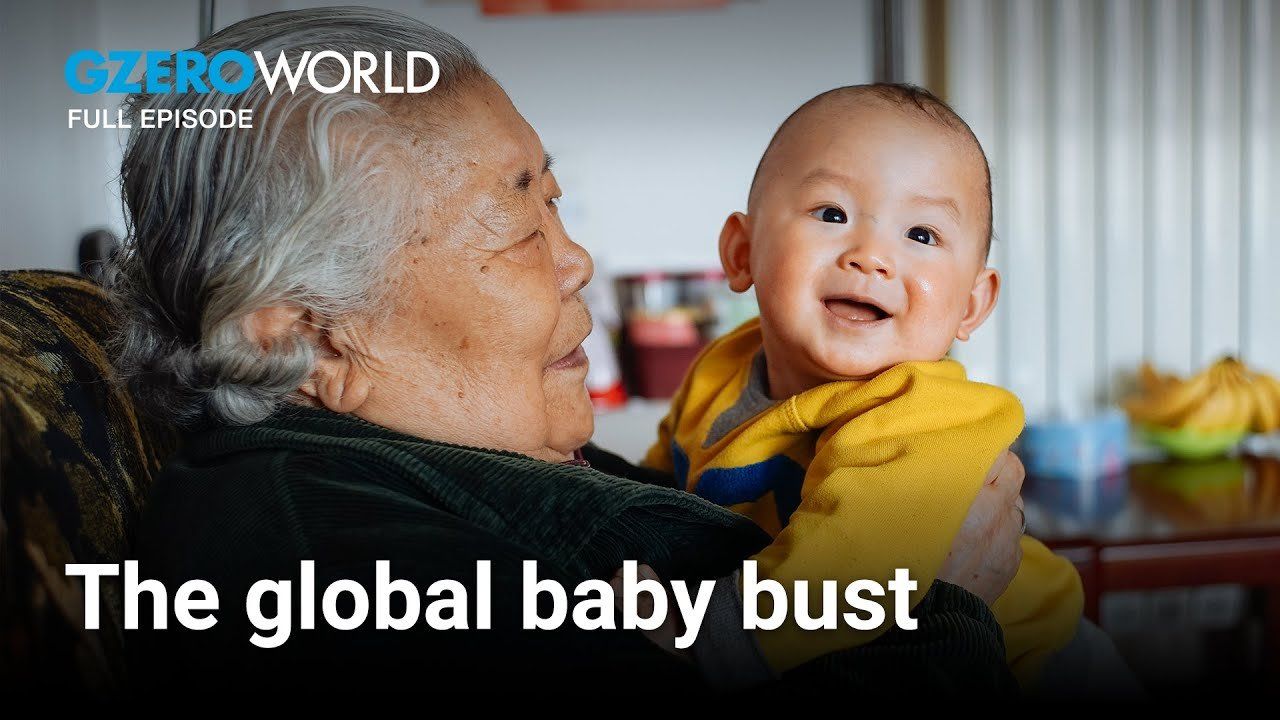2.3 trillion: About 90 global companies with a collective market capitalization of more than 2.3 trillion have pledged to significantly slash their greenhouse gas emissions by 2050. The question is, if these goals come into conflict with "maximizing shareholder value," which will win out?
16: Killings by police officers in the Brazilian state of Rio de Janeiro rose by 16 percent in the first half of this year compared to the same period in 2018, reaching a 20-year high. Worth noting that the country's president, Jair Bolsonaro, has called for criminals to be killed "like cockroaches."
50,000: Around 50,000 people attended a "Howdy Modi!" rally in Houston, Texas, on Sunday to welcome India's Prime Minister Narendra Modi. It was the largest ever reception for a foreign leader in the US. The second-fiddle at the event was a little-known guy named Donald Trump.
19: Nineteen years after the World Health Organization declared the country free of the disease, the Philippines has declared a polio outbreak, an illness that primarily affects children. The country is grappling with a range of epidemics, including measles and dengue fever, as vaccination rates there continue to plummet.
